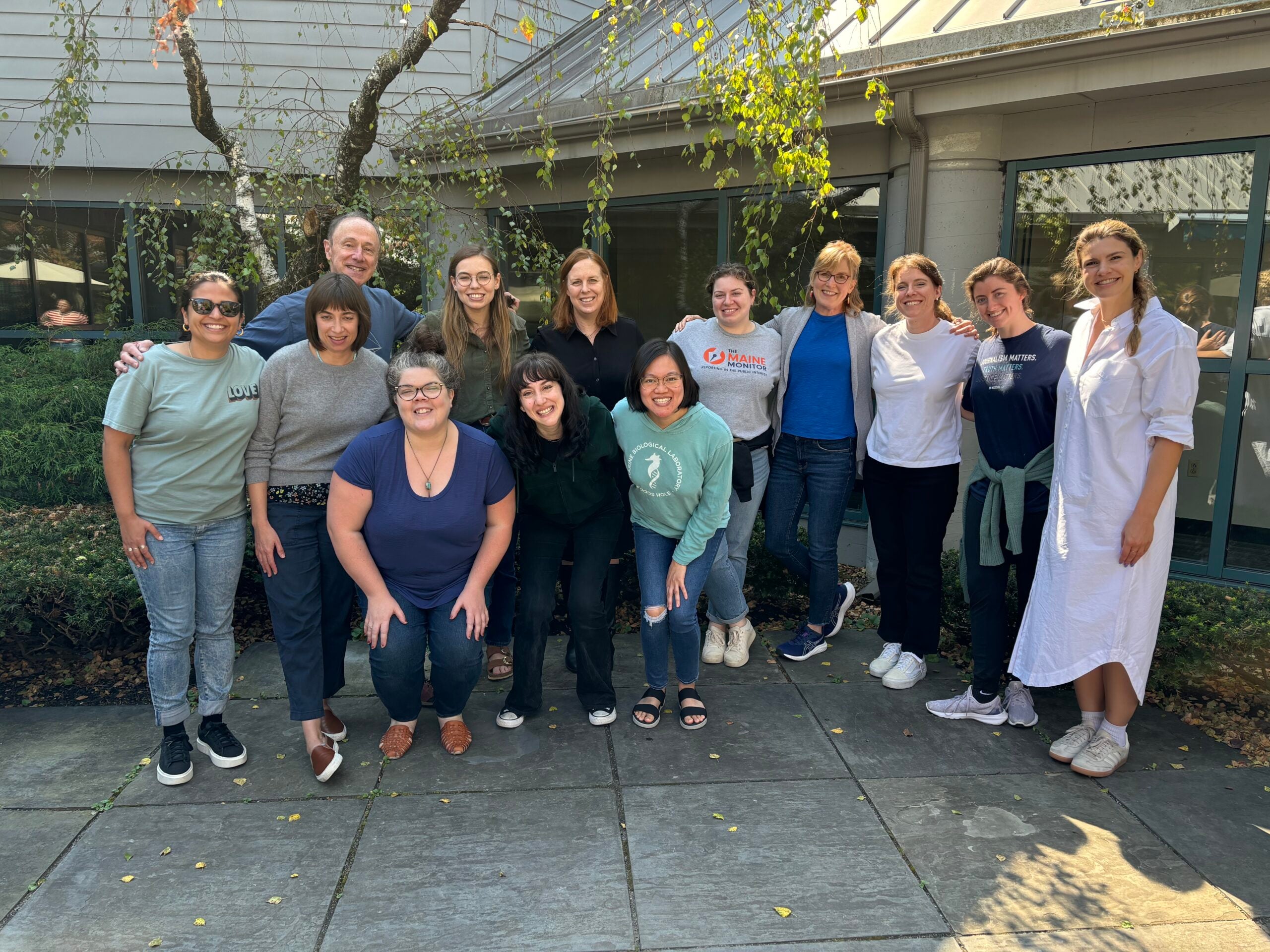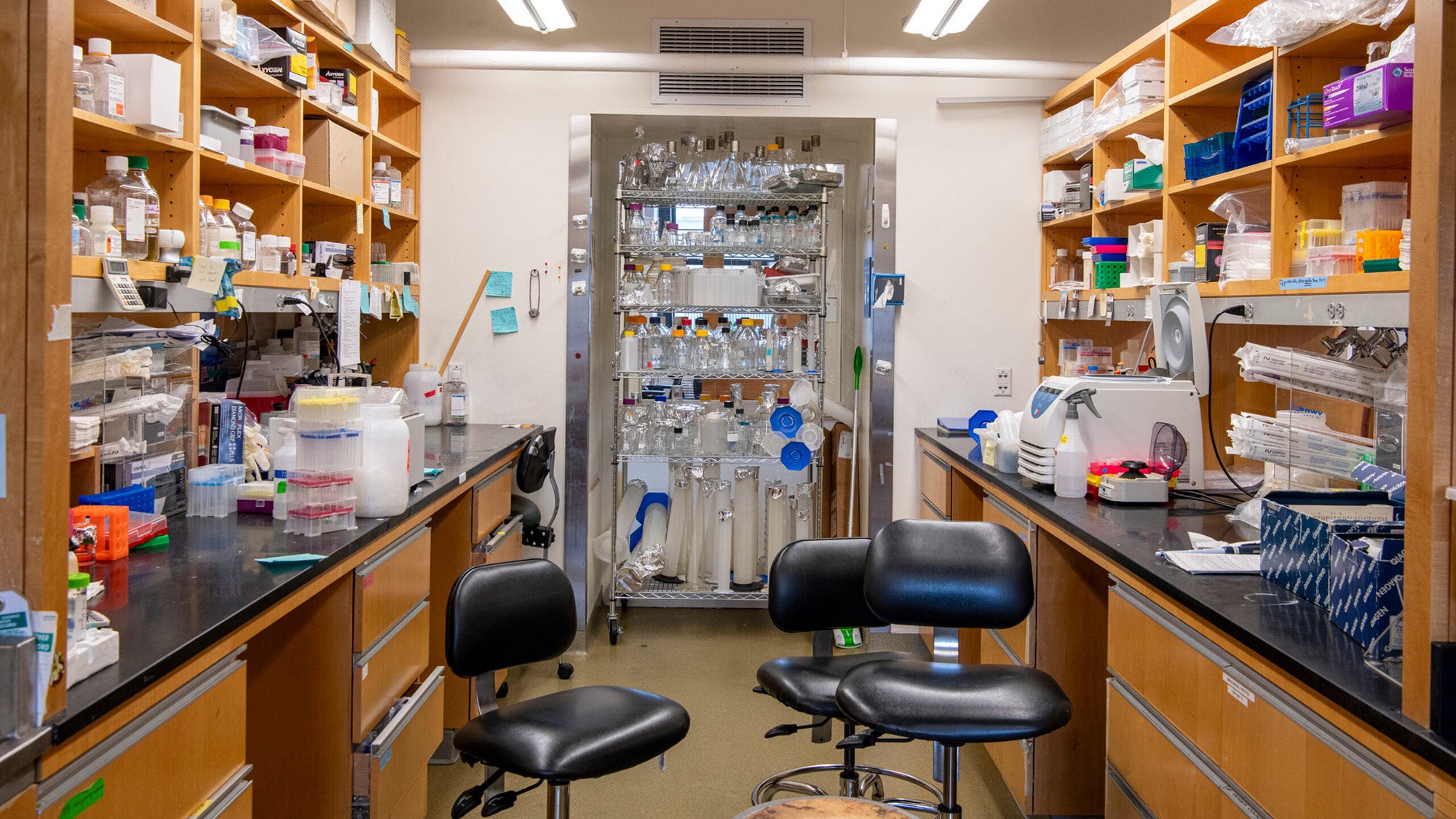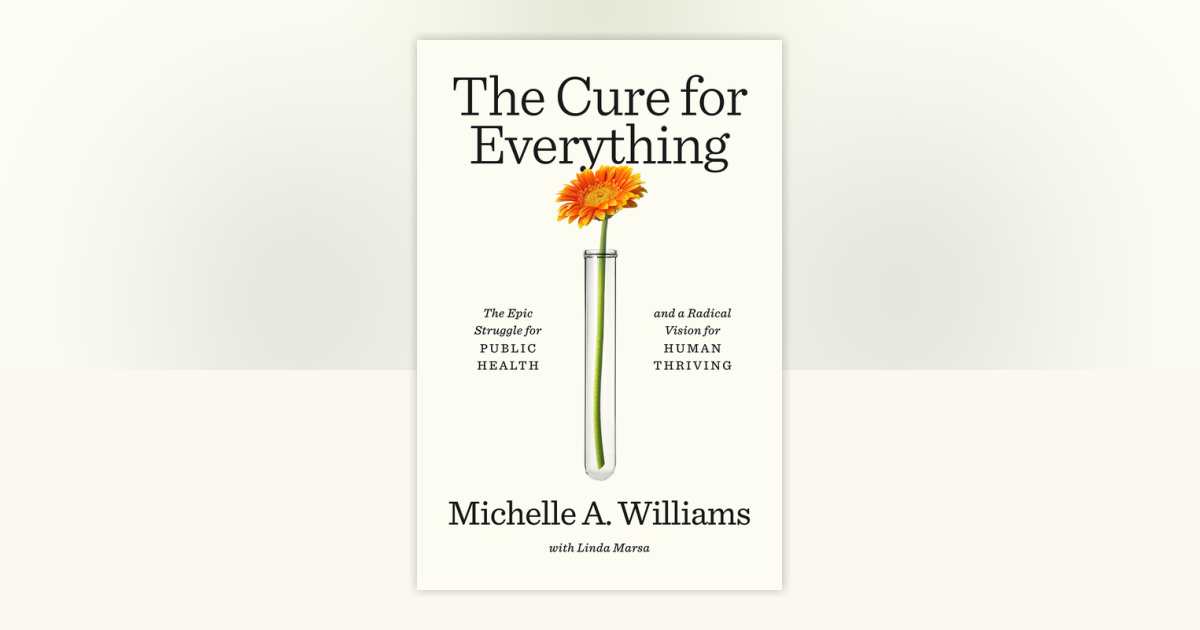Health Coverage Fellowship for journalists moves to Harvard Chan School

The Health Coverage Fellowship, which has trained hundreds of health journalists over two decades, has a new home in Harvard T.H. Chan School of Public Health’s Center for Health Communication.
Each year, the nine-day fellowship in Boston brings together 13 journalists from across the U.S. to learn from health officials, practitioners, researchers, and patients through lectures, workshops, and field trips. The program focuses on pressing issues in public health and offers reporters and editors the opportunity to learn free from the pressures of newsrooms and deadlines, to expand their roster of expert sources, and to brainstorm stories.
“Well-trained journalists can help their audiences understand problems in public health, evaluate solutions, and hold their officials accountable. The fellowship has a proven track record of helping mold these journalists, and we’re proud to be hosting it,” said Amanda Yarnell, senior director of the Center and lecturer in the Department of Social and Behavioral Sciences.
At Harvard Chan School, the fellowship will continue its annual programming for journalists, with an eye towards including international reporters and covering health in a challenging political landscape.
“Harvard Chan School’s extraordinary resources and international outlook make it just the right fit for the fellowship,” said founder and director Larry Tye, who will continue to run the program and oversee its expansion.
“Since its inception, the Health Coverage Fellowship has exposed seasoned journalists to deeper questions of health care and health policy,” added Andrew Dreyfus, a co-founder of the program and chairman of the Board of the Blue Cross Blue Shield of Massachusetts Foundation (BCBSMAF), which funded the fellowship at its inception and continues to do so. “Harvard Chan School is the perfect institution to host and nurture this program.”
Deepening health expertise
Tye, a veteran Boston Globe medical journalist, conceived of the fellowship in 2001, a period when budget-cutting led to droves of dedicated health reporters getting laid off, replaced by general assignment reporters. “I realized that most of these journalists had no time to get any training before they started covering complicated health issues,” Tye said. “We wanted to help them with everything from cultivating sources to learning from other smart journalists covering similar issues.”
With support from the BCBSMAF, the Health Coverage Fellowship was born. It originally included just Massachusetts-based journalists, but as word spread and additional sponsors came forward, the program grew to include journalists from across New England and then from across the country.
“We promise newsroom leaders that their journalists will return thinking more broadly and deeply about the health beat, with concrete stories in mind,” Tye said. “Year-long fellowships that encourage reporters to think big thoughts are wonderful, but most outlets can’t afford to give up reporters for that long or for that sort of self-reflection. This is nine days in which a reporter is given time to think specifically about the kinds of stories they can tackle the day they get back to work.”
The content of the fellowship has changed as Americans’ health concerns have, Tye explained. The 2024 fellowship covered climate change, aging, patient safety, mental illness, homelessness, pandemic preparedness, the corporatization of medicine, and medical research. Speakers included Mandy Cohen, head of the Centers for Disease Control and Prevention, and Robert Califf, head of the Food and Drug Administration. Field trips included visits to maternity wards and stem cell labs, as well as middle-of-the-night rounds with health workers caring for unhoused patients on the streets of Boston.
Well-trained journalists can help their audiences understand problems in public health, evaluate solutions, and hold their officials accountable.
Amanda Yarnell, senior director of the Center for Health Communication
“We bring in top leaders in health care to both share with and learn from our journalists,” Tye said. “We want to cut through some of the red tape and connect fellows directly to the people running hospitals, federal and state health programs, and cutting-edge labs.”
Ben Tinker, a vice president for news at CNN who was a 2019 fellow, found that direct access to leaders particularly valuable.
“The fellowship offered me the opportunity to not only hear from—but to ask questions of—the health care workers, researchers and policymakers at the forefront of public health,” Tinker said. “I walked away with a greater degree of confidence to seek out the best sources for every story in order to tell the most compelling story to our audience.”
“The fellowship is a lesson in the value of stepping out of the daily news cycle and getting to know sources,” added Martha Bebinger, a health reporter at Boston NPR station WBUR who participated in the fellowship in 2008. “I met health care leaders that week, nearly 16 years ago, who I still call or text today for the inside scoop.”
A close-knit community
Journalists’ fellowship experience doesn’t hinge solely on health experts. They also participate in discussions with prominent reporters. In 2024, that included CNN’s Sanjay Gupta, The New York Times’ Ellen Barry and Nikole Hannah-Jones, and NPR’s Scott Simon and Dave Davies.
Learning from fellow colleagues is equally important.
“They teach each other,” said Tye. “What does a journalist in Mississippi think about what’s happening with health in their state versus a journalist in California? We have lots of sessions in which fellows interact just with one another. The goal is for participants to go home with a new set of colleagues to bounce ideas off.”
They also join the fellowship’s close-knit community of 275 (and counting) alumni.
“What I’ve seen in 23 years is that most of our journalists stay close to one another and to us,” Tye said. “They’ve built and maintain this unique network.”
“We see that community as the fellowship’s true legacy,” Yarnell added. “Fellows continue to advance the understanding of public health issues in their communities—and will for years to come.”


